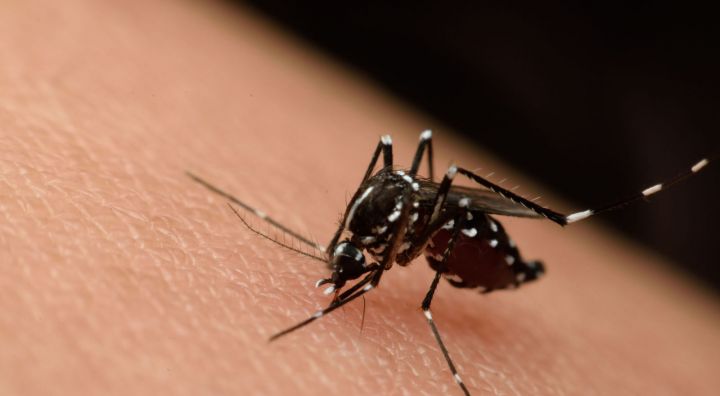High Risk Organ Donors
High risk organ donations and even organs carrying diseases that never would have been acceptable before are now able to be used if recipients accept them.

External link for more info: Vanderbilt University

High risk organ donations and even organs carrying diseases that never would have been acceptable before are now able to be used if recipients accept them.

A new survey shows more pediatricians are experiencing vaccination refusal, and while the reasons are evolving, they still often result from misinformation.

Genetic testing has become a widespread reality in the past five years, but doctors are struggling with what many genetic findings really mean.

Mosquito-transmitted Zika virus has arrived in Central and South America, and while most people are not affected by it, the virus has been linked to microcephaly, a severe birth defect. Experts discuss the virus, how it's transmitted, its spread to the US, and how to protect yourself from it.

A surprisingly high percentage of people who've been treated in the ICU later suffer from PTSD. Experts discuss why this occurs and what's being done to treat and prevent it.

Measles is more widespread than it has been in years. The current measles outbreak in several states has prompted questions about the responsibility of parents to have their children immunized against vaccine-preventable diseases. Experts discuss this "social contract" cited by courts since colonial times, and why highly-contagious measles is a good test …

The 2014-2015 flu season started much earlier than normal and so far has been much more severe than usual. Experts explain how this year's mismatch occurred between the flu vaccine and the predominant strain of flu, and how people can protect themselves in spite of the ineffective vaccine.
Subscribe to get the latest from Radio Health Journal directly in your inbox.

